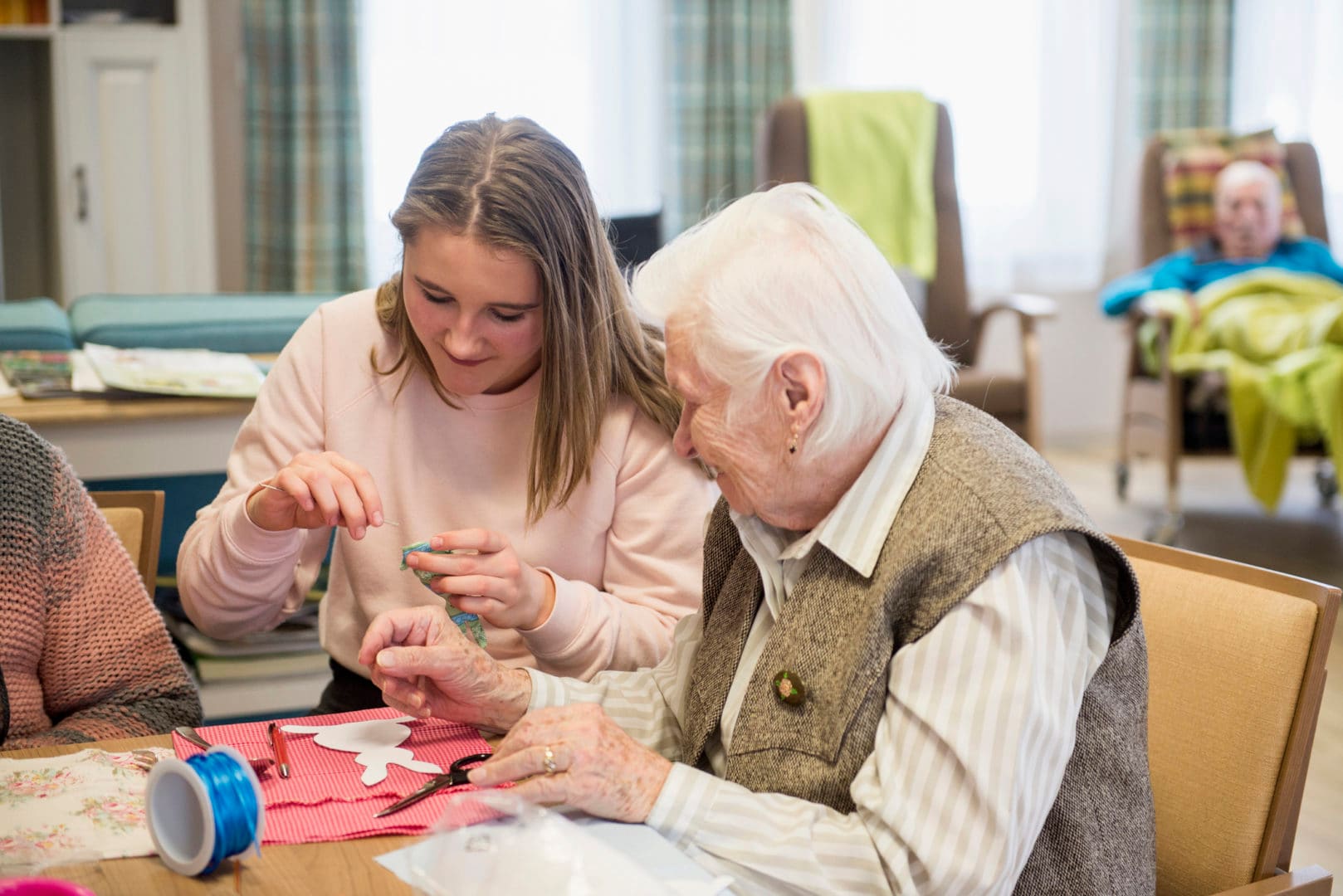In this article
It can be emotionally and financially challenging to step in as a family caregiver for an aging parent or loved one. Whether your older loved one decides to age in place in their own home or yours — whether for economic, emotional or other reasons — it’s unrealistic to assume that you will always be able to provide the constant care that they need.
This is where respite care is beneficial and why planning for it is essential both for the senior as well as for you, as their primary caregiver. Here’s what you need to know about paying for respite care, how much it costs and if it is ever covered by insurance.
Key takeaways
- Respite care is short-term relief that helps caregivers rest and recharge while someone else takes the reins. Someone either comes to the home, or older adults can be dropped off at another location, such as an assisted living community.
- Depending on the location, type and experience level, the hourly cost of respite care can range from $10-35.
- Private insurance does not pay for this type of care, but some programs, such as Medicare, can offer some financial help.
What is respite care?
Find respite care near you
Respite care is short-term relief — or a respite — for family members taking care of a loved one. It’s a way of giving primary caregivers a break or allowing them to go away for a short period of time. Typically, this temporary coverage for a set amount of days, not a few hours, and is usually for one to four weeks.
Respite care might be provided by a professional in-home caregiver, hired privately or through an agency, or the loved one might get care at an assisted living or memory care community — sometimes as a trial for a future admission, explains Glenn Lane, founder of Westchester Family Care in Mamaroneck, New York. You might also consider an adult day care.
Whether provided at home or another location, respite care provides personal time and backup support for the senior’s primary caretaker. This is essential for their mental and emotional health as well as the well-being of the senior.
“Caregivers need a break because caregiving is physically and emotionally demanding,” says Marguerita Cheng, a certified financial planner and chief executive officer of Blue Ocean Global Wealth in Gaithersburg, Maryland.
How much does respite care cost?
According to Genworth and CareScout, the national median hourly cost of homemaker services is $33 and a home health aide is $34. The national median daily rate for adult day health care is $100.
The most affordable option: Depending on an older adult’s needs, daily respite services outside the home, like a day program, are typically the most affordable option and tend to cost $10 to $20 per hour, notes Elle Billman, program coordinator of Colorado Respite Coalition.
The second most affordable option: In-home respite care might be the next most budget-friendly choice. Because it involves a trained professional coming to the senior’s location to provide one-on-one care, home care typically costs more at $20-35 per hour, says Billman.
The most expensive option: This would involve temporarily moving a senior into an overnight facility. Lane explains that although costs vary depending on the region where the care is provided or the facility is located, he estimates a short-term stay in an assisted living facility would be 10-20% more than the normal costs for a long-term resident in that region. This fee covers the room or apartment, housekeeping and meals, in addition to assistance with activities of daily living and companionship for the agreed upon amount of time.
Who pays for respite care?
Respite care can paid for privately (out of pocket), but it may also be covered by various other sources and coverage options, depending on the older individual’s situation and eligibility.
Is respite care covered by insurance?
Respite care may be covered, at least partially, by insurance; however, it depends on the type of insurance and the individual’s policy. Here’s what you need to know about the coverage for each type of policy.
Health insurance. This type of insurance simply doesn’t cover respite care, explains Cheng.
Medicare. This federal government health insurance program provides medical benefits for qualifying individuals as well as those over 65. But according to Brad Baune, a wealth management advisor at Northwestern Mutual in Mendota Heights, Minnesota, Medicare generally only covers short-term overnight stays at a hospital or skilled nursing facility after a qualifying hospitalization up to five days. “Medicare can help if you qualify, but often you will not be able to choose your facility,” says Baune.
However, for respite care for a hospice patient, coverage is much more substantial. Medicare-certified hospice care, including medical, nursing, social, aide and homemaker services are all covered. For inpatient respite care, you may have to pay 5% of the Medicare-approved amount.
Medicaid. Although funded jointly by the federal government and states, this is a state-run program for qualifying lower-income individuals so exact benefits are dependent upon where you live. Some states provide some respite care assistance under Medicaid’s home and community-based services waivers (HCBS Waivers) program.
Long-term care insurance. Depending on the existing plan, LTC insurance will provide coverage for custodial care in a nursing home, home health care or adult day care, explains Price.
Veterans benefits. For qualifying veterans and survivors who are housebound or need help with daily activities, monthly respite care assistance is offered through the VA Aid and Attendance benefit. Additional respite care support may be available depending on where you live, including nursing home respite care for up to 30 days per year.
Other helpful respite care resources
Cheng recommends the following for those looking for additional respite care assistance:
- The ARCH National Respite Locator Service for help finding local services in your community.
- The Well Spouse Association provides support for loved ones of chronically ill or disabled people, along with information on local support groups.
Read more:
Despite the cost of respite care, Cheng hopes that primary caregivers realize that this temporary respite from caregiving can be priceless. “Caregivers experience emotional, mental, physical and financial stress — plus, they can also feel overwhelmed and isolated,” she says. “Don’t be afraid or feel guilty about asking for help.”





